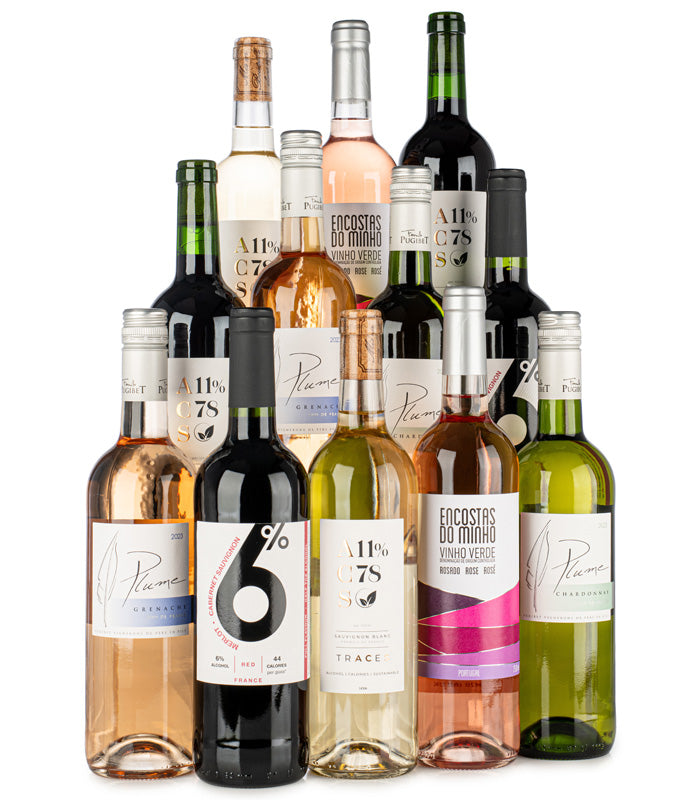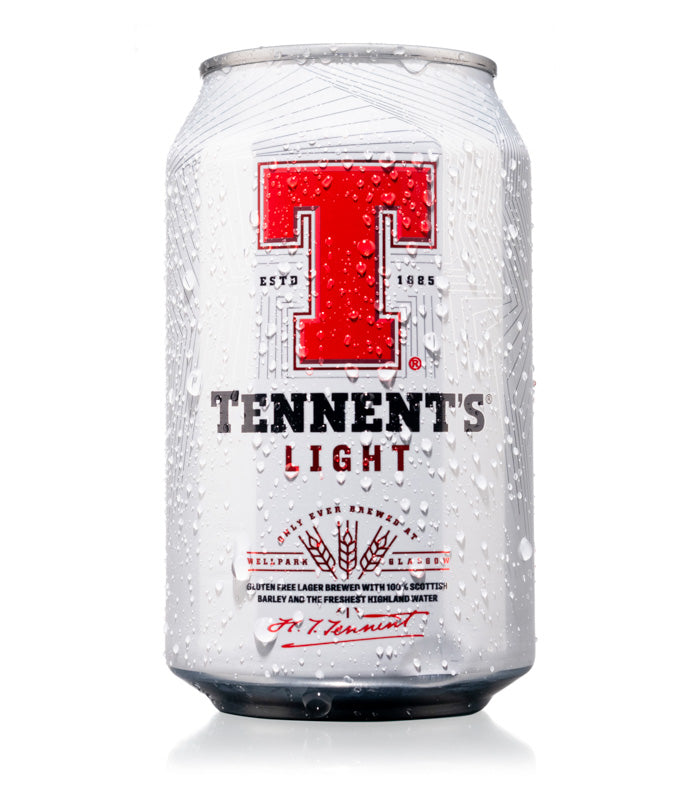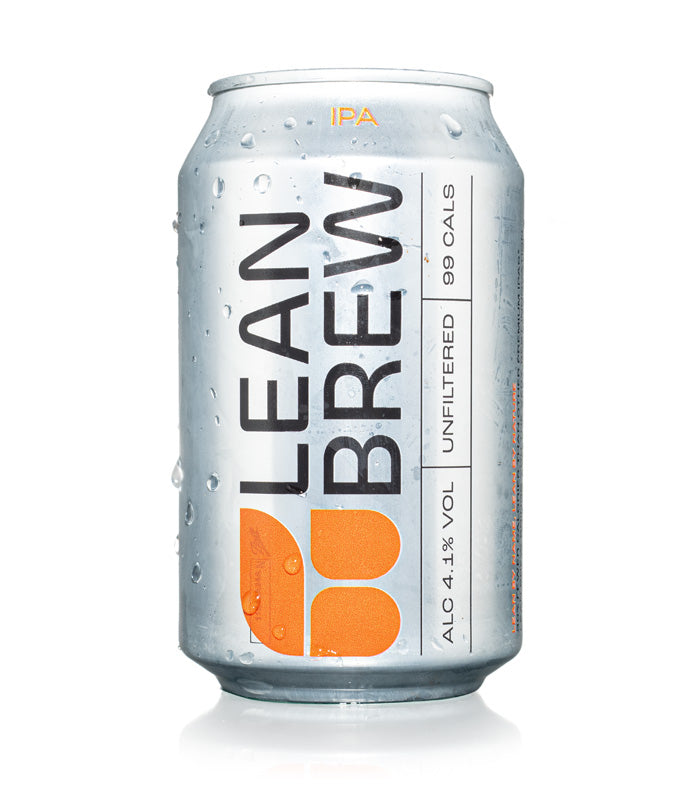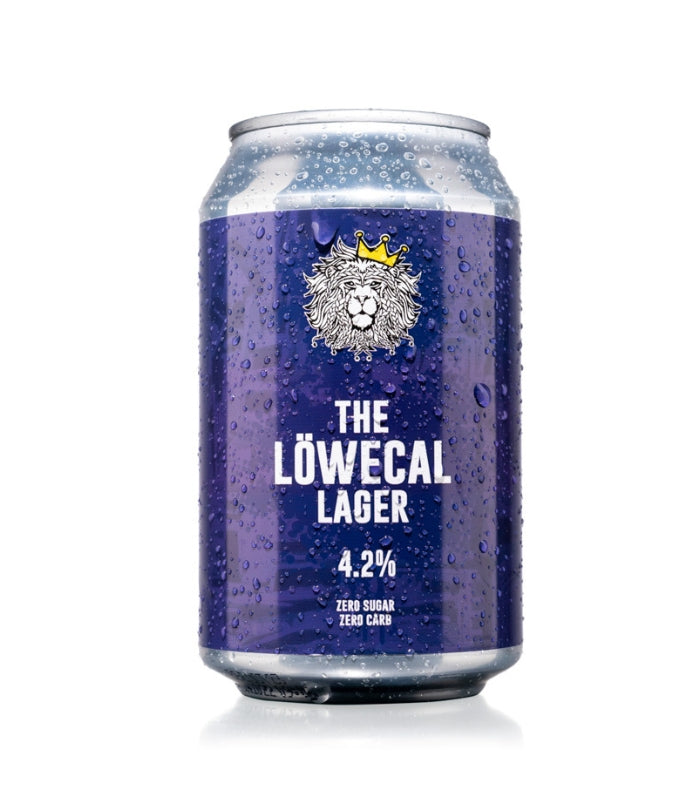-
ZERO SUGAR WINE
-
ZERO SUGAR WINE
ALL WINE
-
SHOP BY WINE TYPE
-
SHOP PRE-MIXED CASES
-
SHOP BY DIETARY REQUIREMENT


Limited Edition Winter Case
£129.99 £138.88
TRACES WINE
-
-
LOW CARB BEER
CHRISTMAS DEALS
LOYALTY






As a keen wine drinker, you will probably have noticed that the label on many bottles of wine states that it contains sulphites. You also may have heard people say that they are allergic to sulphites, or know someone who is always looking for a low sulphite wine. In this blog, we will take a look at what sulphites are, why they are found in wine and whether or not sulphites are bad for your health. We will also share some low-sulphite wine options that we have available to purchase from DrinkWell
What Are Sulphites?
The term “sulphites” is the term given to a group of chemicals including sulphur dioxide and sodium or potassium metabisulphite. Sulphites occur naturally in some foods and within the human body, and are also found in food additives, some food packaging and pollution. Sulphites are commonly added to food and drink products as they serve many useful functions, including preventing browning and discolouration, increasing shelf-life and preventing the growth of bacteria and or fungi.
A wide range of foods are likely to contain sulphites, including processed meats, dried fruits and vegetables, soft drinks (particularly fruit juice concentrates and carbonated drinks), pickled foods and vinegar, dressings such as salad dressings and many frozen products such as frozen potato products. Dried fruits tend to contain the highest levels of sulphites due to their preservative abilities. Fresh fruits and vegetables are not allowed to contain added sulphites, with the exception of a small number of products including grapes, apricots and sliced potatoes.
EU food labelling rules require pre-packed food sold in the UK to show clearly on the label if it contains sulphur dioxide or sulphites at levels above 10mg per kg or 10mg per litre, or if one of the ingredients found in the product contain sulphites.
Why Are Sulphites Used in Wine Making?
Alcoholic drinks such as wine, cider and beer all have relatively high levels of naturally occurring sulphites, which are produced during the fermentation process. These sulphites play an important part in inhibiting microbial growth in wines, preventing oxidation and helping to maintain a wine’s freshness. Winemakers may add sulphites to wine to improve taste, shelf life and appearance.
Added sulphites also help to prevent browning, a process that affects the wines colour and freshness. Sulphites are particularly important in vintage wine, as a wine that had been kept in a cellar for many years would not be drinkable if it was not for the sulphites preserving its flavours and quality. Winemakers’ are required to advise on the labelling whether the wine contains sulphites.
Are Sulphites Bad for You?
Although the thought of any chemical-sounding substance being added to wine is not that appealing, sulphites are harmless to the large majority of people. However, a small percentage of people (approximately 1% of the general population) are sensitive or allergic to sulphites. People who suffer from asthma are particularly at risk of developing a sulphite sensitivity, with around 1 in 10 asthma sufferers being sensitive to sulphites. Symptoms of sulphite sensitivity include:
- Hives
- Swelling of the face, lips, tongue
- Itchiness and redness of the skin
- Coughing
- Wheezing and shortness of breath
- Chest pain
- Sore throat and throat tightness
- Nasal congestion
- Runny nose and sneezing
- Nausea, vomiting and diarrhoea
- Stomach pain
- Dizziness and lightheadedness
- Headache
As well as this, some believe that sulphites can contribute to wine-induced headaches and people who suffer from migraines are often told to avoid sulphites as they may act as a trigger. However, more research is needed to understand the link between sulphites and migraines.Several other compounds in wine, such as alcohol, histamine, tyramine, and flavonoids may also contribute to headaches and migraines. So, unless you have a sensitivity to sulphites, your headache is most likely caused by drinking too much wine rather than the sulphites themselves.
Low Sulphite Wine
Whether you have a sensitivity to sulphites or just prefer to choose more natural products that do not have added sulphites, you will be pleased to know that we have a number of wines available to purchase from DrinkWell that do not contain added sulphites. Below are some of the wines that you can find in our current low sulphite offering:
Running Duck Organic Rose
This vegan-friendly wine is made by Stellar, which is one of South Africa's largest organic wine producers and is the leading ethical wine brand in the UK. Stellar are the world's top producers of no added sulphur wines, the purest expression of organic winemaking. The vineyards are patrolled as organically as possible assisted by Indian Runner ducks, which act as natural pest removers. With only 84 calories per 125ml glass, and at a price of just £9.99, you can’t go far wrong with this fruity Rose.
Running Duck Organic Chenin Sauvignon Blanc
Another natural offering from the Stellar winery, this Sauvignon Blanc is a lovely yellow golden colour. The Chenin provides the guava fruit character on the nose and the Sauvignon Blanc the body, length and slight grassiness on the palate. This fairtrade, vegan friendly wine contains 86 calories per 125ml glass, and you can purchase it on the DrinkWell website for £9.99 per bottle.
Buy Now